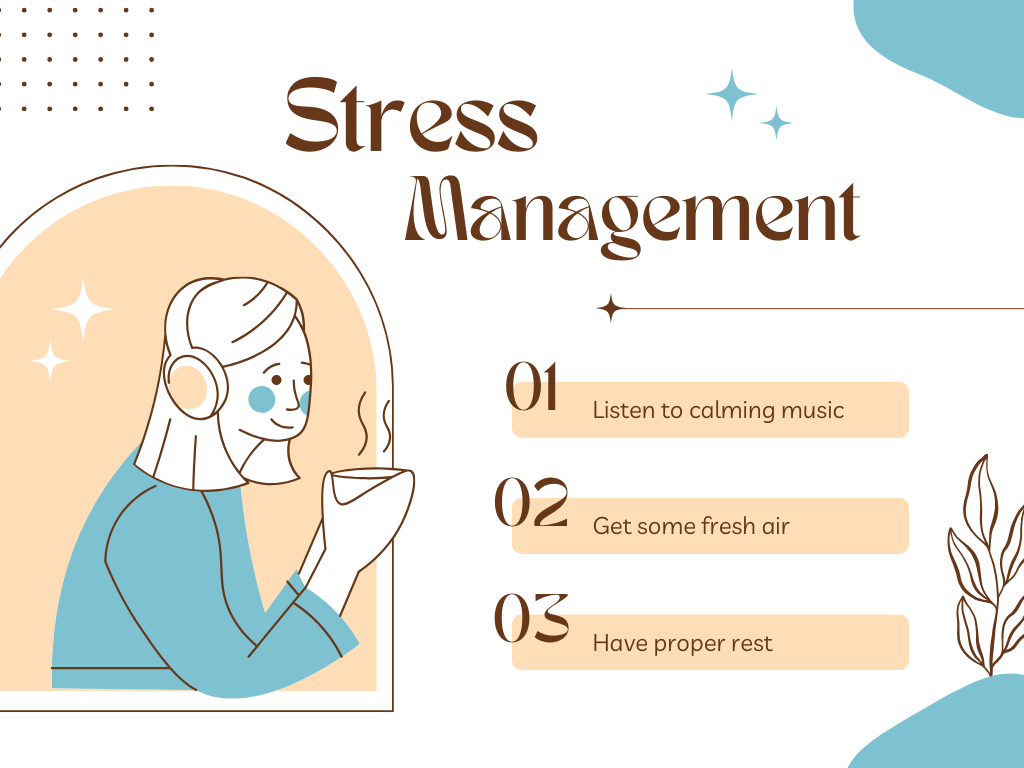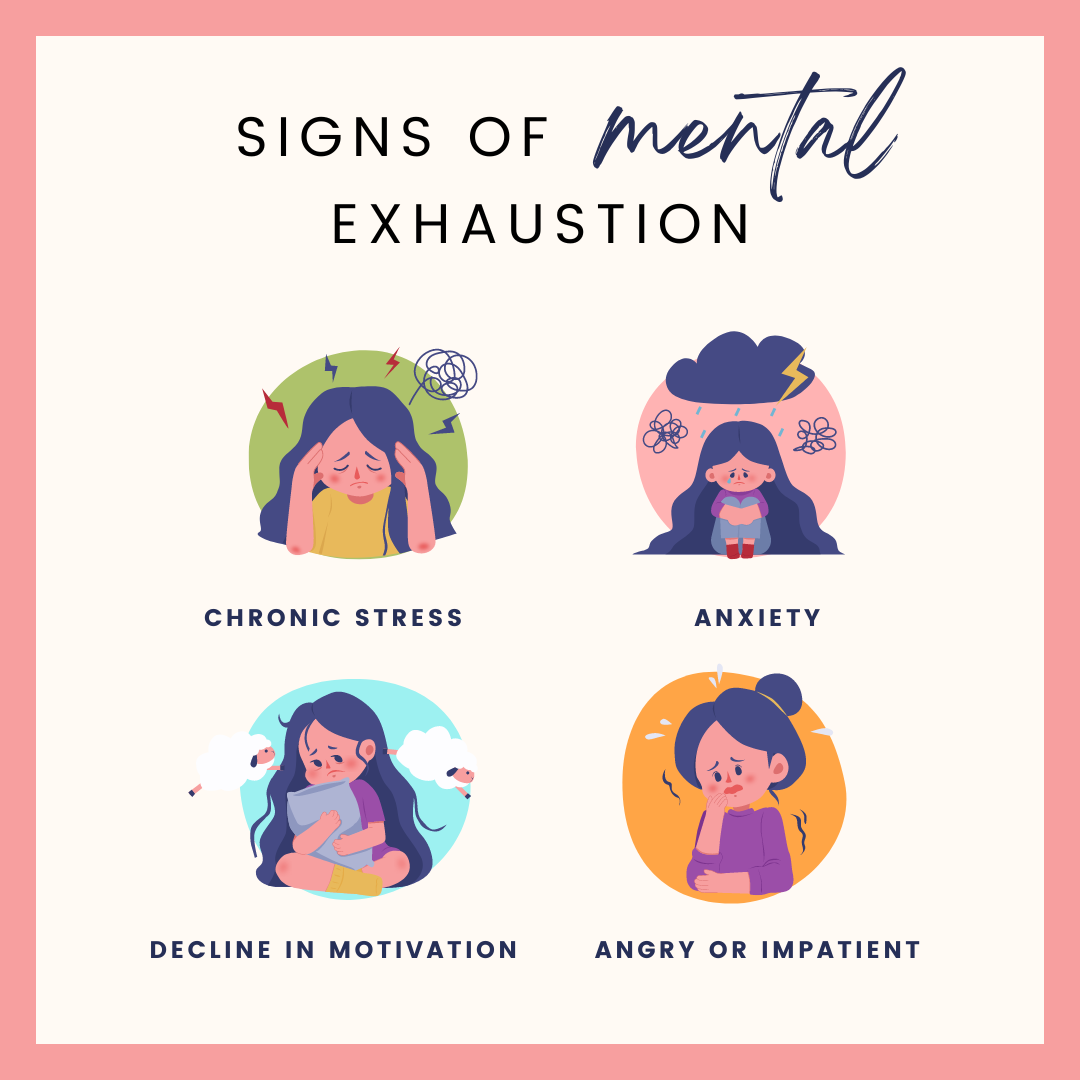In our fast-paced and demanding world, stress has become an all-too-common companion, taking a toll on both our mental and physical well-being. However, adopting a holistic approach to stress reduction that encompasses both mind and body can empower individuals to nurture their overall wellness. Here are some practical strategies to foster mental wellness and effectively manage stress:
- Mindfulness and Meditation: Incorporating mindfulness practices into daily life can help cultivate a sense of calm and presence. Mindfulness meditation, deep breathing exercises, and body scans can all promote relaxation and reduce stress levels. By grounding oneself in the present moment, individuals can gain perspective on stressful situations and respond with greater clarity and composure.
- Physical Activity: Regular exercise is not only essential for physical health but also plays a crucial role in managing stress and promoting mental well-being. Engaging in activities like walking, jogging, yoga, or dancing releases endorphins, the body’s natural stress relievers, while also providing a healthy outlet for pent-up tension and anxiety.
- Healthy Nutrition: Fueling the body with nourishing foods can support overall well-being and resilience to stress. Adopting a balanced diet rich in fruits, vegetables, whole grains, and lean proteins provides essential nutrients that support brain function and mood regulation. Avoiding excessive caffeine, sugar, and processed foods can also help stabilize energy levels and mood.
- Quality Sleep: Prioritizing quality sleep is paramount for mental wellness and stress management. Establishing a consistent sleep schedule, creating a relaxing bedtime routine, and optimizing sleep environment can promote restorative sleep. Aim for seven to nine hours of sleep per night to recharge both mind and body and enhance resilience to stress.
- Social Connection: Cultivating strong social connections and supportive relationships is vital for mental well-being. Spending time with loved ones, sharing experiences, and seeking emotional support during challenging times can buffer against the negative effects of stress. Engage in meaningful conversations, practice active listening, and offer support to others in need.
By nurturing both mind and body through mindful practices, physical activity, healthy nutrition, quality sleep, and social connection, individuals can cultivate resilience and effectively manage stress. Embracing a holistic approach to mental wellness empowers individuals to navigate life’s challenges with greater ease and vitality, fostering a sense of balance and fulfillment in daily life.


